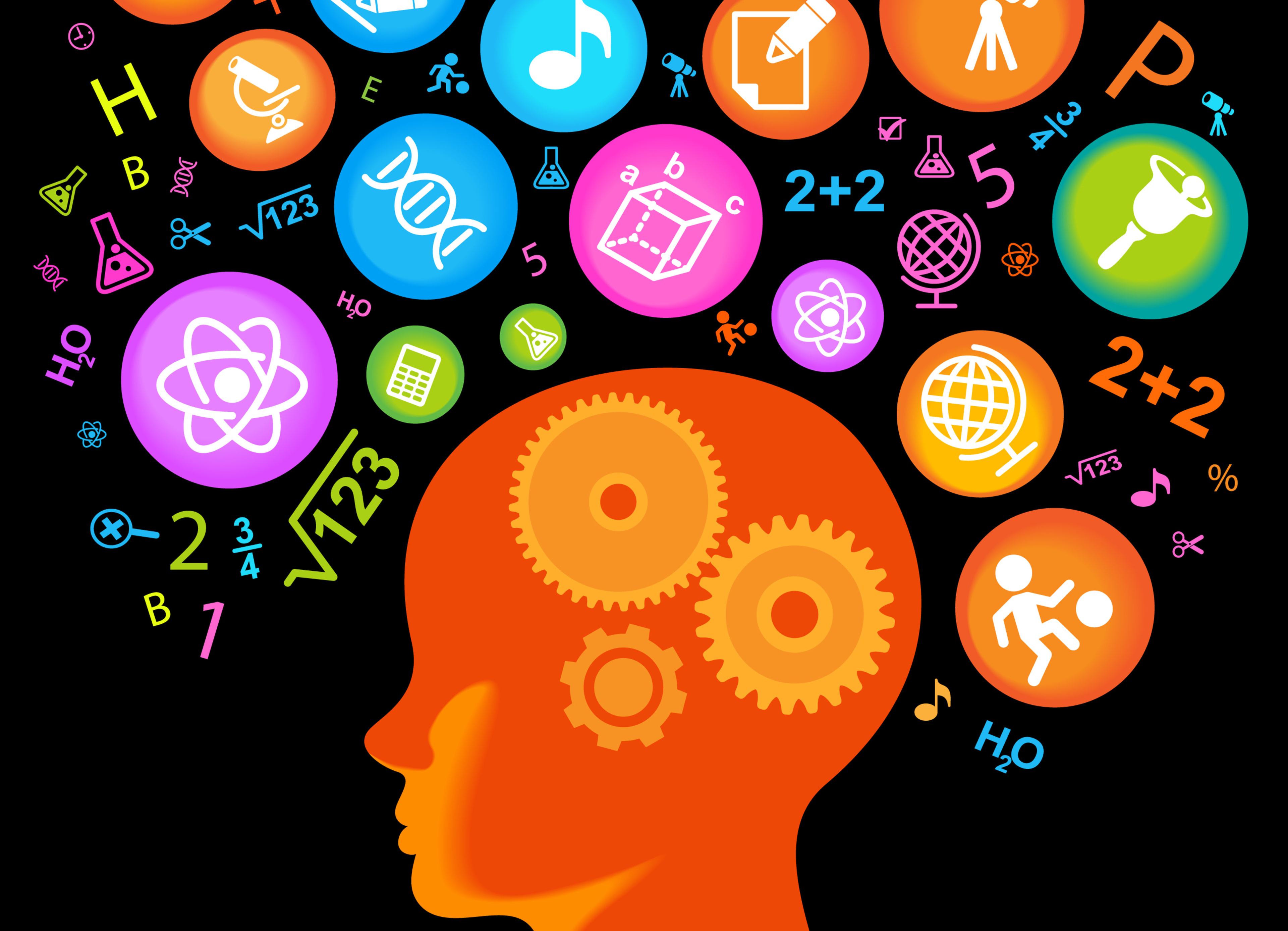
Every once in awhile, I ask “creative” people, including entrepreneur-like business-folk as well as FADE IN: writers and storytellers, what it means to actually be creative.
Some answers are profound:
“Creativity is an inner need to express yourself mixed with the ability to make something out of nothing.”
Others are kinda funny:
“Creativity is taking something like a stapler, and thinking of a lot of other things that it can be used for other than stapling.”
I do this exercise out of healthy curiosity to learn more about other weirdos, I mean, humans; it’s by no means a scientific experiment on creativity. Luckily, someone conducted an actual scientific experiment on this very subject! Scholar, psychologist and creativity researcher (dream job, am I right?!) Frank X. Barron conducted a series of experiments in the 60s to figure out what makes the brain “creative.”
Basically, he put a bunch of famous creative folks together in one house on the UC Berkeley campus and observed their behavior as they interacted with each other and with their work. The experiment included writers like Truman Capote and William Carlos Williams as well as famous architects, scientists, mathematicians and entrepreneurs. Several hard-core tests and evaluations on both personality and mental illness followed in the coming days as Barron and his team of researchers were looking for something similar in the bunch, something in all their brains that indicated the elusive “creative spark”.
Here are some of the things that Barron concluded about the CREATIVE BRAIN:
1) Traditional IQ-based intelligence had only a minor part to do with the spark of creativity. It was more about emotional, intellectual and moral capabilities of personality and character. Book smarts ain’t everything!
2) Openness to life that encourages saying ‘yes.’ This isn’t the same thing as extroverted vs. introverted, because some of the openness can be internal. More on that later…
3) They favor complexity but also, crave simplicity and ambiguity (probably because there is so much depth in the ‘simple’?)
4) Tolerance for total disorder or chaos, hence the messy desks, or rooms, or these days, desktop screens.
5) Making order from the above disorder comes naturally!
6) Rebel without a cause: the ability to take risks more willingly and be fiercely independent. In other words, stay away from my alone time, dammit!
It was clear that the creative brain had loads of contradictions. Barron himself said that the creative person is,
”both more primitive and more cultivated, more destructive, a lot madder and a lot saner than the average person.”
Perhaps the most interesting trait that all creative folks share is their severe introspection: their love of thinking about themselves and their place in the world. The ability to self-reflect: that constant obsession with understanding themselves, actually leads to a greater self-awareness and therefore, a greater understanding of others. So, it’s this massive self-centered ego that actually lends itself to empathy with the rest of the world, which is essentially a selfless character trait. Woah. Talk about contradiction.
“It may be because they engage with the full spectrum of life—both the dark and the light—that writers score high on some of the characteristics that our society tends to associate with mental illness. Conversely, this same propensity can lead them to become more grounded and self-aware. In openly and boldly confronting themselves and the world, creative-minded people seemed to find an unusual synthesis between healthy and “pathological” behaviors.” (source: Carolyn Gregoire & Scott Barry Kaufman)
In this writer’s humble opinion and in conclusion, creativity comes down to the courage to be yourself. That might sound trite, but the fact is, there isn’t a laundry list of things you have to do to be more creative or a way you have to dress/act/think to be “artsy.” Simply embrace the ‘crazy’ in you and go for it.
Science agrees with me.
Sources:
NY Times: Barron & the study of creativity
QZ: Creative People’s Brain’s Really Do Work Differently
Have you met FADE IN:?
We would love to hear from you about your creative process!
Write here: info@fadeinbeirut.com
